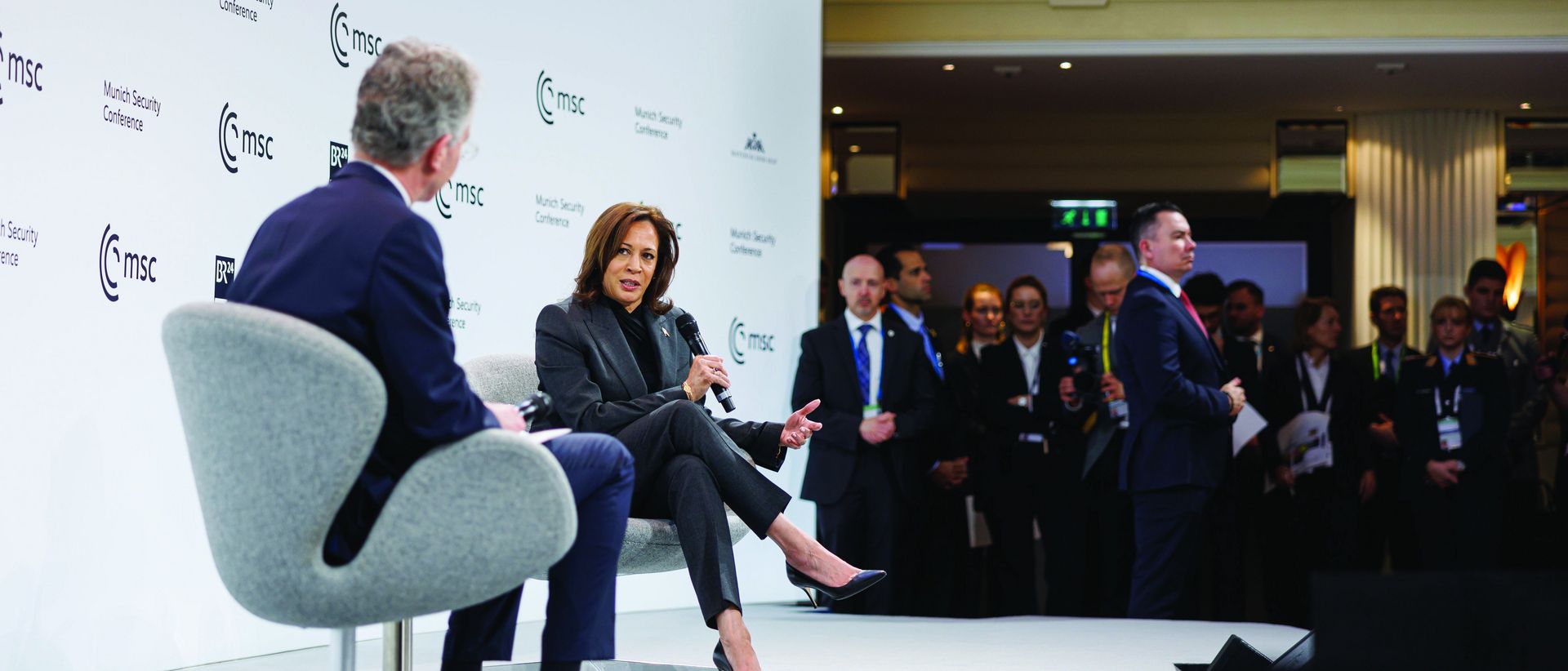European Centre for Counterterrorism and Intelligence Studies, Germany & Netherlands – ECCI
MSC- Russia’s war on Ukraine marked a Zeitenwende across G7 countries. But two years on, there are signs that its impact on risk perceptions is tempering. The threat from Russia and related risks still rank considerably higher than in 2021, but compared to last year, they have dropped in the risk index.
Meanwhile, perceptions of nontraditional risks remain high. People around the world continue to be most concerned about environmental threats, while risk perceptions of mass migration as a result of war or climate change, radical Islamic terrorism, and organized crime have heightened.
Following last year’s record-high threat perceptions, the MSI 2024 registers aggregate decreases in 21 risk indicators, while ten indicators saw overall increases. Almost all indicators related to Russia’s war on Ukraine have fallen, including the use of nuclear weapons by an aggressor and energy supply disruptions.
While Russia was still the top risk for five G7 countries last year, only the citizens of the UK and Japan still consider it so. German citizens now only see Russia as the seventh greatest concern and Italians see it as the 12th. Other prominent risks have fallen, too. Strikingly, 27 citizens in all but three countries – Brazil, Japan, and South Africa – have lesser economic anxieties than last year. And both the perceived risk of Covid-19 specifically and a future pandemic generally have dropped.
In contrast, perceptions of nontraditional risks have further increased. Concerns about mass migration as a result of war or climate change and radical Islamic terrorism have surged, though this is driven by countries in Europe and North America and likely fueled by the terrorist attacks by Hamas against Israel and the resulting war. The threat of Iran has also risen significantly in the risk index among the G7 countries. Meanwhile, cyberattacks now rank as the top concern in both China and the US. Notwithstanding abounding differences in risk perceptions, citizens around the world continue to share severe concerns about environmental threats. In all countries bar the US, at least one of the three environmental threats covered by the index features in the top three.
Russia’s war and the wider geopolitical competition still shape citizens’ views of other countries, but less intensely than last year. Belarus, China, Iran, and Russia are the only countries that are seen more as threats than as allies in aggregate. After Russia’s standing plummeted last year, it has modestly recovered in all countries except Japan, but it remains very low. China, India, and South Africa still consider Russia more an ally than a threat, with Brazil undecided, which stands in marked contrast to views among citizens in the G7 countries. Five of the G7 countries have a more favorable view of China than last year, with Canada and Japan being the exceptions. Strikingly, China sees all countries except Russia and Belarus as more threatening than last year. It is also the only country that sees the US as a threat, if by a fine margin. Ukraine, which enjoyed the greatest increase in last year’s index, is still considered an ally by all states, in particular the G7 countries, but to a lesser extent than last year.
Thus, the Munich Security Index 2024 signals a moderation, but not a rupture, of the post-Russian-invasion trends. Traditional hard security threats appear to have peaked in 2022, but they remain higher than in 2021. Among the G7 countries, the threat of Russia, for instance, rose from being the 15th greatest concern in 2021, to the top concern in 2022, and dropped to fourth in 2023. The risk of nuclear aggression follows a similar pattern. In the BICS countries, risk perceptions have been less volatile since 2021, suggesting that citizens see Russia’s war to be less of a turning point. The fact that perceptions of Iran and Russia have remained static, and views of China have even improved, also contrasts markedly with views in the G7 countries.
Methodology
This edition of the index is based on representative samples of around 1,000 people from each G7 country, BRICS countries, except Russia (“BICS”), and Ukraine. The total sample thus amounts to around 12,000 people (margin of error: 3.1 percent). Polling was conducted in October and November 2023, using industry-leading online panels. Respondents were selected according to stratified quotas for gender, age, residency, formal education, and income to ensure representativeness. The final data was then weighed to exactly match the quotas.
The local surveys were carried out by trusted and reputable fieldwork partners in compliance with the (ESOMAR) code.
Polling in autocracies always comes with difficulties as respondents may not feel like they can freely express their views. The results from China, in particular, should therefore be interpreted with caution. The index includes a sample from Ukraine as one of the main sites where lose-lose dynamics are unfolding. The sample does not include respondents from Crimea and only a small number from the Donbas, but a significant number of former residents of the Donbas who were displaced by the war. The final data was then weighed to exactly match the quotas.
European Centre for Counterterrorism and Intelligence Studies, Germany & Netherlands – ECCI




